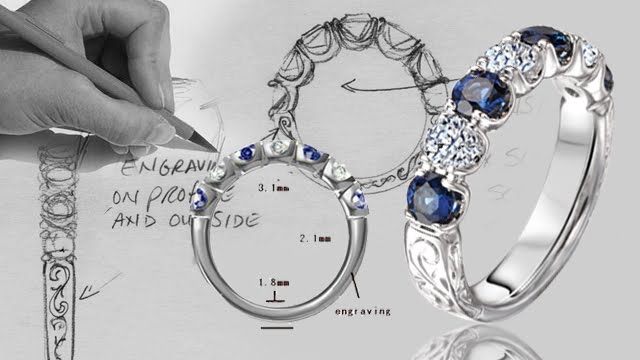Hong Kong: After a year and more of bluster, when Chinese authorities held out veiled threats to “drop the nuclear bomb” and dump US dollar assets, sobriety and a touch of rationality appear to be dawning on Chinese minds.
A statement from China’s State Administration of Foreign Exchange (SAFE), which administers China’s $2.4 trillion in reserves, said it would not use its foreign exchange reserves as an “atomic weapon” against investment targets.
In spirit, the statement counts as a measured vote of confidence in the US dollar; it is also a grudging acceptance of the limits of its bluster last year, when it stoked fears of a “dollar collapse” by feeding ill-informed market speculation that it would dump its huge holdings of US government debt.
“It is hard to construct a reassuring statement around the words ‘atomic weapon’, but that is exactly what China’s SAFE did,” points out Societe Generale’s chief Asia economist Glenn Maguire.
SAFE also made its clearest articulations to date on why it would be difficult for China to diversify its foreign exchange reserves meaningfully by buying gold.
“Gold is globally recognised as a store of value and can be used for urgent payment, but there are some limits to investing in gold, and it cannot become a main channel for investing our foreign exchange reserves,” the statement noted.
It pointed out that the gold market was “limited” and gold prices were “very volatile”. “If we buy a large amount of gold, it will push up global gold prices... which will eventually hurt the interests of Chinese consumers.”
Additionally, SAFE noted, gold investments don’t generate returns, and in fact, investors have to bear costs —- on storage, transportation and insurance. “Looking back at its performance over the past 30 years, the risk-return balance of gold is not very good… Gold can be a hedge against inflation, but quite a few other assets can too.”
But most importantly, the SAFE statement noted, buying gold would not help very much in diversifying China’s foreign exchange reserves. China had increased its gold reserve by more than 400 tonnes in the past few years, and its gold reserves now stood at 1,054 tonnes. “Even if we double the amount, it can only diversify about $30-40 billion of China’s foreign exchange reserves,” it noted. Even then, the proportion of gold reserves in China’s forex reserves would increase by only one or two percentage points, it observed.
“In conclusion,” the statement said, “we will take careful consideration of our demand and the market situation when reducing or increasing our gold reserves.”
Maguire points out that China is in fact diversifying its foreign exchange reserves at the margin —- into a very surprising avenue. “There has been a very clear pick-up in China’s purchases of Japanese Government Bonds (JGBs) so far this year,” he adds. China has bought net $5.8 billion of JGBs so far this year, including some $2.2 billion purchased in April alone.
“This is an astounding turnaround from the net selling of $0.9 billion in 2009 and net purchases of $0.25 billion in 2008.”
But even this turnaround doesn’t reflect a higher asset allocation to JGBs in China’s foreign exchange reserve portfolio, reasons Maguire. “So far this year, 96% of JGB purchases have been short duration - that is, less than one year; we believe this is more closely related to liquidity management than anything else.”
Given the uncertainty on European bond markets, particularly peripheral markets, “we have probably seen short-term liquidity overwhelmingly rolled into the JGB market,” he adds. “This is a trend we will be watching very closely, but we do not believe there has been a change in the weightings China is giving to its foreign assets.”
We deals in precious jewelry made up of Diamond and Gold. Sale purchase of Jewelry / new online deals / home delivery and many more information about jewelry

Tuesday, August 17, 2010
Subscribe to:
Post Comments (Atom)
5 NEW YEAR GIFTS FOR YOUR GIRL FRIEND UNDER THE BUDGET OF 50$
GIRLS WOULD LOVE IT. Don’t waste the time and enjoy your golden moments with your loved once. Let’s celebrate the 2021 with loved once...

Online order delivery form / contact us
-
Diamond Rings are available for sale on very reasonable price. 05% discount limited offer contact now. For furthur detail. E-mail u...
-
ALL THESE BANGLES ARE AVAILABLE FOR SALE, CONTACT DETAIL EMAIL US: r.alirashid@yahoo.com CALL US: +9...
-
Number 1 HXZZ Fine Jewelry Women Gifts 925 Sterling Silver Freshwater Cultured Teardrop White Pearl Pendant Necklace Customer ...



No comments:
Post a Comment